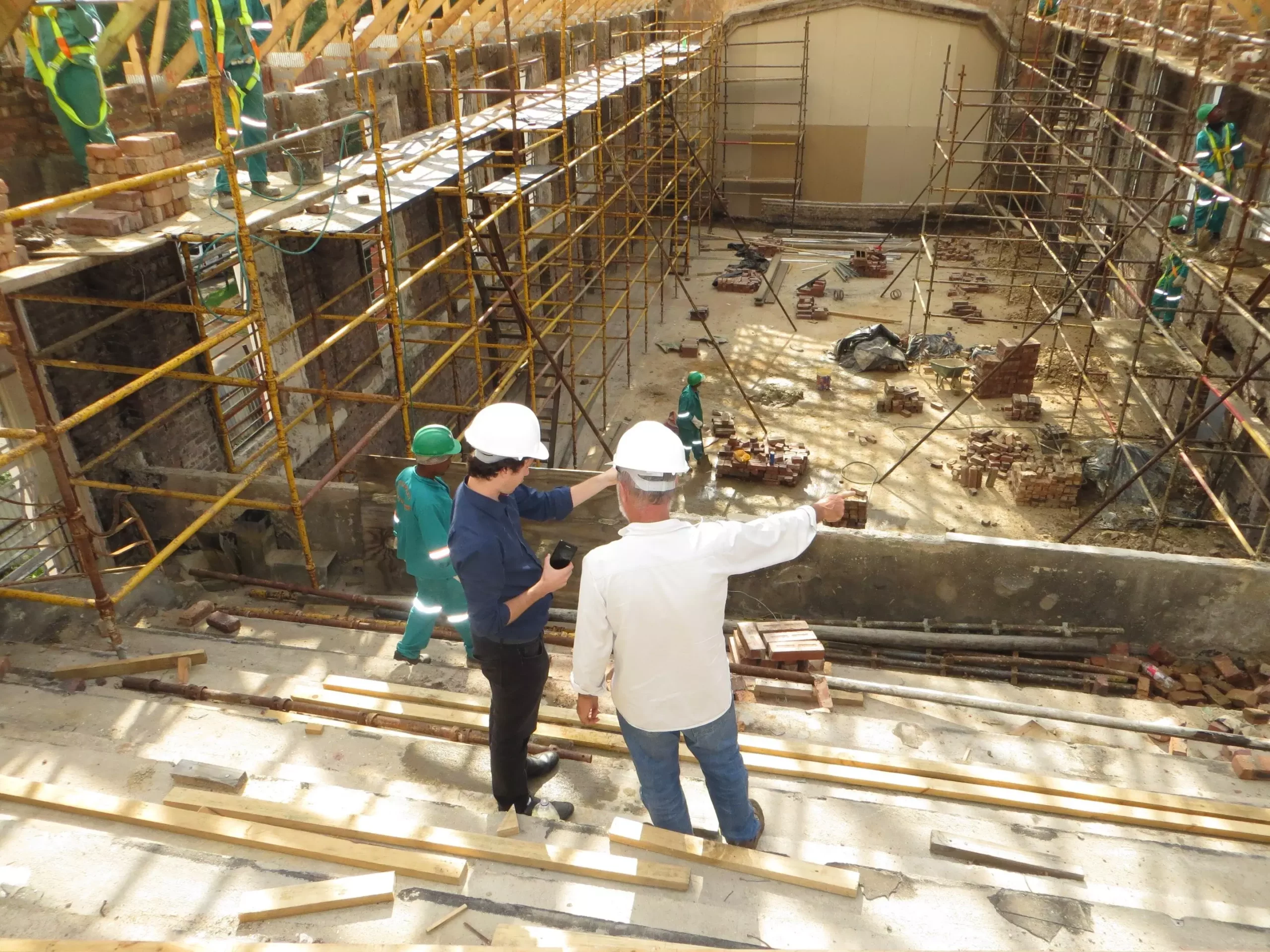As Europe faces an escalating climate crisis, the need for energy efficiency in the construction sector has never been more urgent. The recent research published in the journal Renewable and Sustainable Energy Reviews signifies a crucial shift toward understanding how energy-efficient practices can reshape the European building landscape. This study reveals that a staggering 75% of current European building stock is deemed energy inefficient, underscoring the broad implications for energy consumption and carbon emissions. With the total floor area expected to increase by over 20% in the coming three decades, the urgency to transform existing properties and build new ones more sustainably is imperative.
Technological Advancements Leading the Charge
The study emphasizes the transformative potential of integrating cutting-edge technologies such as solar energy systems and heat pumps in both residential and commercial constructions. Researchers assert that implementing these technologies could diminish energy requirements for heating and cooling by as much as 97%. This statistic is particularly striking given the concurrent concerns regarding energy security, amplified by an array of geopolitical tensions that have prioritized energy independence. The integration of renewable energy sources would not only curtail energy costs but also substantially enhance public health and overall quality of life.
Beyond just improving energy efficiency, a move toward a net-zero building sector is positioned as vital to mitigate climate change effects. The study led by Dr. Souran Chatterjee from the University of Plymouth indicates that strategic energy reductions across building sectors can significantly contribute to national and international climate commitments, like those outlined in the Paris Agreement. Transitioning to energy-efficient buildings represents a pathway not only for achieving climate neutrality but also for fostering a greener economy. Actions in this area also stand to create jobs, promote community well-being, and encourage increased productivity among the workforce.
Modeling Energy Demand and Future Scenarios
To achieve these insights, researchers utilized the High-Efficiency Building (HEB) energy model to project energy demand reductions across Europe, providing granular data for each EU member state as well as the UK. Among the findings, a noted shift in energy requirements sees up to an 86% potential decrease in cooling needs for residential buildings by 2050, with non-residential structures potentially achieving a reduction of around 76%. Such impressive figures highlight the necessity of focusing on countries like Italy, France, Greece, and Spain, which typically rely heavily on air conditioning due to their warmer climates.
The implications of these findings extend beyond cooling; they also encompass heating and hot water requirements. Aiming for ambitious net-zero targets could lead to more than an 80% reduction in energy demand for heating, with hot water consumption potentially seeing a decrease of approximately 50%. By substantially increasing the deployment of heat pumps and integrating onsite renewable energy production, future residential developments could escalate energy savings for heating and hot water by nearly 90%.
While the report paints an optimistic picture of the potential for energy savings, it also presents a stark warning against complacency. If significant renovations and efficiency improvements are not prioritized, it estimates that the overall thermal energy demand for the building sector could rise by as much as 7% by 2060. This alarming projection highlights the urgency with which action must be taken; delaying energy efficiency efforts could lead to a more energy-hungry and environmentally detrimental future.
Concluding Thoughts
The transformation of Europe’s construction sector is not solely a technical challenge but a moral one. The opportunity to significantly reduce carbon emissions, enhance energy security, and improve public health through energy efficiency measures cannot be overstated. It calls for concerted efforts across governments, industries, and communities to prioritize and invest in sustainable building practices. The stakes are high, and the time to act is now. By seizing this moment, Europe can pave the way toward a more sustainable and resilient future for generations to come.

